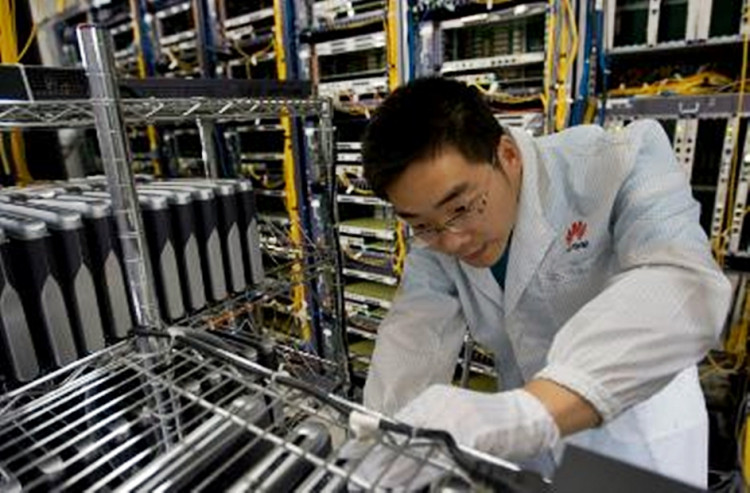China's communist government has announced its support for the lawsuit filed by Huawei Technologies Co., Ltd against the United States federal government, which claims the use of Huawei products is a national security threat.
Huawei claims the federal government's ban on U.S. government agencies buying its telecommunication equipment is unconstitutional. In its lawsuit filed yesterday, Huawei also said the federal government failed to provide evidence to support the ban.
What Huawei is challenging is the constitutionality of Section 889 of the National Defense Authorization Act. Its lawsuit was filed at a U.S.federal court in Texas.
Huawei rejected claims it has any links to the Chinese state, saying it is "not owned, controlled, or influenced" by the Chinese government.
Analysts see the lawsuit as part of Huawei's new strategy to contest claims its products pose security risks.
"The U.S. Congress has repeatedly failed to produce any evidence to support its restrictions on Huawei products. We are compelled to take this legal action as a proper and last resort," said Huawei Rotating Chairman Guo Ping in a statement.
"This ban not only is unlawful but also restricts Huawei from engaging in fair competition, ultimately harming U.S. consumers."
China's central government today affirmed its support for Huawei's lawsuit against the U.S. government.
State Councilor Wang Yi announced Beijing support for Huawei's lawsuit. He described the Huawei protecting itself from being "victimized like silent lambs."
"China has and will continue to take all necessary measures to resolutely protect the legitimate and lawful interests of Chinese businesses and citizens," said Wang, as quoted by Chinese state-controlled media.
"At the same time, we support the company and individual in question in seeking legal redress to protect their own interests and refusing to be victimized like silent lambs."
It's obvious the "company and individual" cited by Wang refers to Huawei and the company's Chief Financial Officer, Meng Wanzhou, who was arrested in Canada in December 2018 and will soon be extradited to the United States.
Wang said that what the Chinese government is standing up for "is not just the interests of a company, but also a country or nation's legitimate right to innovate and by extension the basic right of all countries who wish to climb up the technology ladder."
Meng's lawyers are suing the Canadian government, alleging it arrested, detained and searched her in violation of her constitutional rights.





